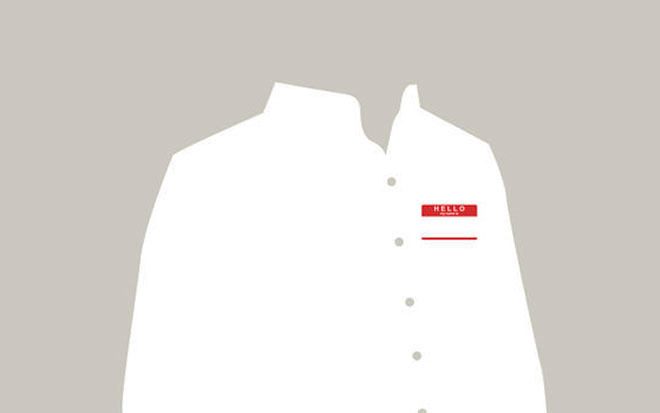I’m a white man, so you should listen to absolutely nothing I say, at least on matters of social justice. I have no standing. No way to relate. My color and gender nullify me, and it gets worse: I grew up in the suburbs. Dad made six figures. We had a backyard pool. From the 10th through 12th grades, I attended private school. So the only proper way for me to check my privilege is to realize that it blinds me to others’ struggles and should gag me during discussions about the right responses to them.
But wait. I’m gay. And I mean gay from a different, darker day. In that pool and at that school, I sometimes quaked inside, fearful of what my future held. Back then — the 1970s — gay stereotypes went unchallenged, gay jokes drew hearty laughter and exponentially more Americans were closeted than out. We conducted our lives in whispers. Then AIDS spread, and we wore scarlet letters as we marched into the public square to plead with President Ronald Reagan for help. Our rallying cry, “silence = death,” defined marginalization as well as any words could.
So where does that leave me? Who does that make me? Oppressor or oppressed? Villain or victim? And does my legitimacy hinge on the answer?
